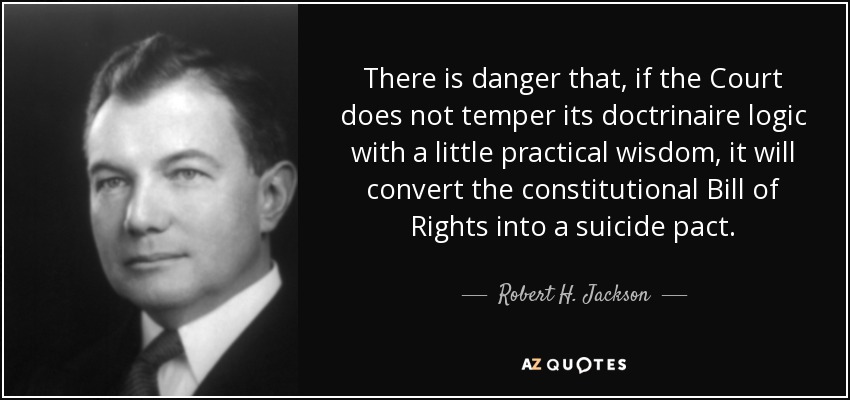From UPSC perspective, the following things are important :
Prelims level: Chief Secretary's extension
Mains level: Government of National Capital Territory of Delhi (Amendment) Act 2023 Constitutional logic

Central Idea:
The article criticizes the Supreme Court of India’s November 2023 judgment allowing a six-month extension to Delhi’s Chief Secretary despite serious corruption allegations. It highlights the Court’s perceived inconsistency in upholding constitutional principles, particularly concerning the Government of National Capital Territory of Delhi (Amendment) Act 2023, and expresses concerns about the erosion of constitutional logic and past judicial wisdom.
Key Highlights:
- The Supreme Court’s decision to permit the extension of Delhi’s Chief Secretary’s tenure is viewed as an instance of judicial self-abnegation.
- The article questions the Court’s reversal of its own earlier Services judgment, which emphasized the elected government’s control over services in Delhi.
- Serious corruption charges against the Chief Secretary and the Delhi Chief Minister’s recommendation for his removal create a conflict of interest.
- The Court’s reliance on the 2023 amendment and the interpretation of the Chief Secretary’s role is criticized for being inconsistent with past rulings, including Royappa.
- The article points out the Court’s failure to acknowledge that the 2023 amendment did not exclude the application of the Royappa case.
Key Challenges:
- The Supreme Court’s perceived inconsistency in interpreting constitutional principles, especially regarding the Chief Secretary’s extension and the 2023 amendment.
- Addressing the conflict of interest posed by serious allegations against the Chief Secretary and the breakdown of trust between the elected government and bureaucracy.
- The Court’s deviation from its past rulings, particularly the Services judgment and Royappa case, creates a challenge in maintaining a coherent judicial stance.
Key Terms/Phrases:
- Judicial self-abnegation
- Government of National Capital Territory of Delhi (Amendment) Act 2023
- Constitutional logic
- Chief Secretary’s extension
- Services judgment
- Royappa case
- Conflict of interest
- Constitutional interpretation
- Erosion of trust
- Unilateral extension
Key Quotes:
- “The Court’s judgments become ‘writ in water’ when it reverses its own reasoning for the government’s convenience.”
- “The Court has lost sight of constitutional logic and past wisdom that attributed great value to constitutional interpretation.”
Key Statements:
- “The article questions the Court’s deviation from its earlier stance, leading to a perceived erosion of constitutional principles and inconsistency.”
- “The conflict of interest arising from serious charges against the Chief Secretary and the breakdown of trust between the elected government and bureaucracy is a significant concern.”
Key Examples/References:
- The Supreme Court’s November 2023 judgment permitting the Chief Secretary’s extension and its reliance on the 2023 amendment.
- The Services judgment emphasizing the elected government’s control over services and the Royappa case defining the role of the Chief Secretary.
Key Facts/Data:
- The Government of National Capital Territory of Delhi (Amendment) Act 2023 had been challenged by the Delhi government but was not stayed by the courts.
- Serious allegations of corruption against the Chief Secretary and the Chief Minister’s recommendation for immediate removal.
Critical Analysis:
The article critically examines the Supreme Court’s handling of the Chief Secretary’s extension, highlighting perceived inconsistencies, conflicts with past judgments, and a departure from established constitutional principles. It raises concerns about the erosion of trust between the elected government and bureaucracy.
Way Forward:
- The Supreme Court needs to revisit and reconcile its past judgments, especially the Services and Royappa cases, to ensure a coherent judicial stance.
- Addressing conflicts of interest and corruption allegations in bureaucratic appointments is crucial for maintaining public trust.
- The Court should uphold constitutional principles consistently, considering the broader impact on governance and accountability.
- Future decisions related to the Government of National Capital Territory of Delhi (Amendment) Act 2023 should be made with a clear understanding of constitutional logic and democratic principles.
Get an IAS/IPS ranker as your 1: 1 personal mentor for UPSC 2024
